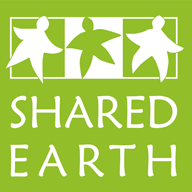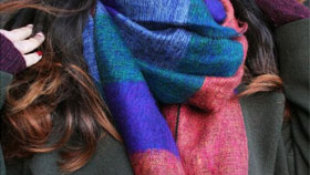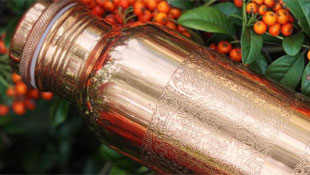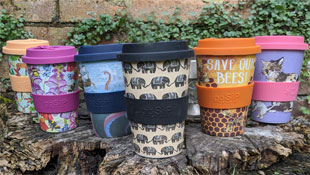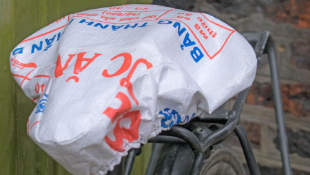- A-Z
- A-C
- Animal Figures
- Aprons
- Baskets
- Bathroom Accessories
- Bird/Bug Boxes/Feeders
- Body & Haircare
- Bookends
- Bracelets & Bangles
- Buddhist Products
- Bunting & Prayer Flags
- Candle Holders
- Candles
- Ceramic Tableware
- Children's Bags & Purses
- Children's Furniture
- Children's Hangings
- Children's Toys & Games
- Chocolate
- Cleaning & Laundry
- Clocks
- Coasters and Trivets
- Combs, Brushes, Toothbrushes
- Copper Bottles, Cups & Jugs
- D-H
- Decorative Boxes
- Decorative Hangings
- Desk Accessories
- Diffusers
- Dreamcatchers
- Earrings
- Explorer Range
- Face Masks
- Fans
- Finger Puppets
- Fashion Bags
- Finger Puppets
- Fragrance Oils
- Furniture
- Games & Puzzles
- Garden Decor
- Gemstone Jewellery
- Gift Bags & Wrap
- Glass Hangings
- Glassware
- Greetings Cards
- Hair Accessories
- Hammocks and Swings
- Handkerchiefs
- Home Fragrance
- Hooks & Clothes Hangers
- I-P
- Incense
- Incense Holders
- Incense/Candle Gift Sets
- Jewellery Storage
- Keyrings
- Kitchen & Dining
- Kitchenware & Serveware
- Lanterns
- Masks
- Massagers
- Men's Jewellery
- Model Ornaments
- Money Boxes
- Mosaic Homeware
- Musical Toys and Instruments
- Napkins
- Necklaces
- Notebooks & Pads
- Oil Burners
- Organic Goodness Fragrance
- Pachamama Knitwear
- Painted Candles
- Pebbles and Paperweights
- Pens & Pencils
- Perfume & Scented Bracelets
- Photo Frames
- Planters & Bowls
- Printing Blocks
- Purses & Wallets
- R
- Rainbow Ceramics
- Rainbow Products
- Ranges
- Recycled Bike Parts Gifts
- Recycled Brass Decor
- Recycled Circuit Board Gifts
- Recycled Crayon Gifts
- Recycled Elephant Dung Gifts
- Recycled Glass Homeware
- Recycled Oil Drum Decor
- Recycled Paper Homeware
- Recycled Plastic Gifts
- Recycled Scrap Metal Decor
- Recycled Shrimp Net Jewellery
- Recycled Textile Gifts
- Reusable Travel Cups
- Room Fresheners / Sprays
- Rugs & Doormats
- S-Y
- Salt Lamps
- Scarves & Shawls
- Scented Candles
- Scented Sachets & Bags
- Shopping Bags
- Smudge Resin & Kit
- Soap & Shampoo Bars
- Socks (Bamboo)
- Spectacle Stands
- Spinners
- Stress Balls
- String Lights
- Suncatchers
- Throws & Bedspreads
- Trivets
- T-light & Candle Holders
- Wax Melts
- Wall Hangings
- Windchimes and Bells
- Wine Bottle Holders
- Wooden Boxes
- Worry Dolls
- Yoga Mat Bags
- New
- NEW FROM BALI
- Let's Boogie! - Metal Animals
- Metalacycle - Metal Plaques
- Duck It! - Wooden Ducks
- Decorative Hangings
- Masks
- Wooden Cats and Animals
- Hammocks and Swings
- Swing Animals
- Jewellery and Fans
- Stone and Terracotta
- Musical Instruments
- Homeware
- Incense
- Notebooks
- NEW ACCESSORIES
- New Bags & Purses
- New Jewellery
- New Socks
- Homeware
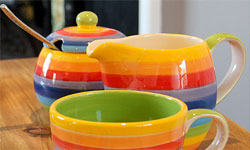
- GENERAL HOMEWARE
- Bathroom Accessories
- Cleaning, Laundry, Gardening
- Clocks
- Cushions & Covers
- Desk Accessories
- Furniture (small)
- Kitchen, Dining. Ceramics
- Molten Glass Homeware
- Mosaic Homeware
- Terrariums
- Throws & Bedspreads
- Photo Frames
- Rugs & Doormats
- Vases
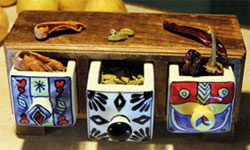
- STORE & ORGANISE
- Baskets
- Bookends
- Decorative Boxes
- Hooks & Hangers
- Money Boxes
- Spectacle Stands & Cases
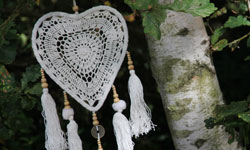
- HANGINGS
- Bird/Bug Boxes & Feeders
- Bunting & Prayer Flags
- Children's Hangings
- Decorative Hangings
- Dreamcatchers
- Glass Hangings
- Hammocks and Swings
- Paper Hangings
- Planters & Sikas
- Spinners
- Suncatchers
- Wall Hangings
- Windchimes & Bells
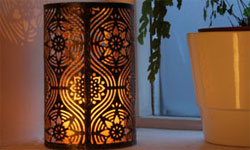
- MOOD SETTERS
- Candle and Tealight Holders
- Incense Holders & Boxes
- Lanterns
- Oil Burners
- Painted Candles
- Planters, Stands & Bowls
- Salt Lamps
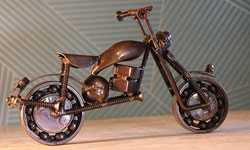
- ORNAMENTS
- Animal & Bird Figures
- Buddhist Products
- Crystal / Gemstone Trees
- Models & Ornaments
- Garden
- Spiritual
- Fragrance
- Bodycare
- Accessories
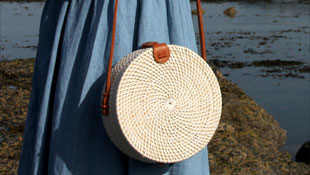
- ACCESSORIES
- Bags - Fashion
- Bags - Shopping & Days Out
- Fans
- Hair Accessories
- Purses & Wallets
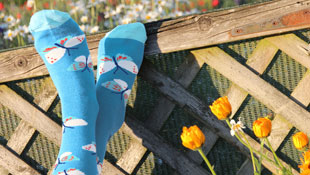
- CLOTHING
- Aprons
- Jackets, Skirts, Trousers, Dresses
- Socks - Bamboo
- Socks - Recycled Cotton & Polyester
- Sweaters, Scarves, Hats & Gloves
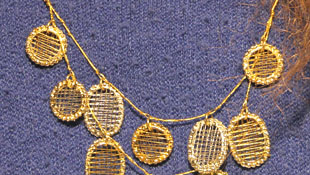
- JEWELLERY
- Bracelets & Bangles
- Earrings
- Necklaces & Pendants
- Rings
- Gemstone Jewellery
- Men's / Unisex Jewellery
- Jewellery Stands Cabinets Boxes
- On the Go
- Gifts

- GIFT IDEAS
- Animal Mugs, Eggcups, Salt & Pepper Sets
- Books, Journals & Tarots
- Copper Water Bottles & Cups
- Crystals
- Eco Soft Toys
- Finger Puppets
- Games & Puzzles
- Hot Water Bottles
- Incense
- Keyrings, Magnets & Pencils
- Masks
- Model Ornaments
- Musical Toys, Instruments, Singing Bowls
- Notebooks & Pads
- Painted Candles
- Pebbles and Paperweights
- Printing Blocks
- Reusable Travel Tea/Coffee Cups
- Scented Candles
- Soap & Shampoo
- Worry Dolls, Stress Balls & Animals
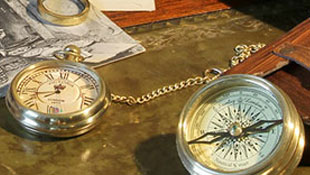
- GIFTS FOR...
- Children
- Him
- The Chocolate Lover
- The Cyclist
- The Environmentalist
- The Steampunk/Larper
- The Wildlife & Nature Lover
- Under £5
- Under £10
- Under £20
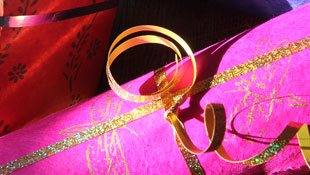
- COMPLETE THE GIFT
- Gift Bags, Boxes & Wrap
- Greetings Cards
- Eco
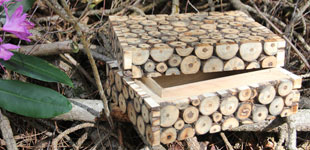
- SUSTAINABLE / ZERO WASTE
- Bamboo Gifts & Decor
- Bamboo Socks
- Bodycare
- Coconut Gifts & Decor
- Copper Bottles, Cups & Jugs
- Cotton Gift Wrap, Napkins, Accessories
- Grass, Hemp, Raffia, Palm, Jute etc Homeware
- Handmade Paper Cards
- Handmade Paper Gift Wrap, Bags, Boxes
- Handmade Paper Stationery & Mobiles
- Handmade Soap, Shampoo, Bodycare Bars
- Jute Bags
- Kitchen, Bathroom, Cleaning
- Rice Husk Travel Cups
- Wood - Albesia
- Wood - Driftwood
- Wood - Mango
- Wood - Sustainably Sourced China Fir
- Wood - Other
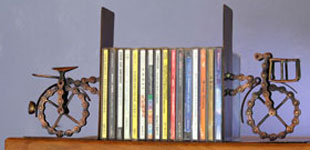
- RECYCLED / UPCYCLED
- Bike Chain/Parts/Tools Gifts
- Brass Homeware & Decor
- Computer Parts Decor & Gifts
- Crayon Homeware & Gifts
- Eco Soft Toys from Recycled Plastic Bottles
- Glass Homeware & Jewellery
- Leather Homeware
- Paper Homeware & Gifts
- Plastic Bags & Homeware
- Scrap Metal Decor
- Shrimp Net Jewellery
- Textile Accessories, Homeware & Gifts
- Tyre Homeware
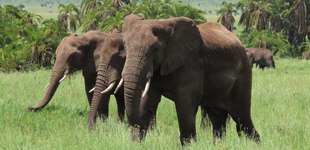
- A BETTER WORLD
- Bike It!
- Save Our Planet
- Save our Wildlife
- Sale
- SALE
- Bodycare Sale
- Fashion & Accessories Sale
- Home & Gift Sale
- Home & Garden Decor Sale
- Home Fragrance Sale
- Stationery, Cards, Craft Supplies Sale
- Reduced Bird / Bug Houses / Feeders
- Reduced Ceramic Tableware
- Reduced Glassware
- Reduced Planters & Hanging Baskets
- Reduced Rugs, Throws, Cushion Covers
- Reduced Salt Lamps
- Reduced Storage Baskets
- HALF PRICE OR LESS
- Info
- INFO
- Join our Mailing List
- About
- Our Aims
- Producers
- Our Stores
- Blog
- FAQ
- Terms & Conditions
- Privacy Policy
- Environmental Policy
- Sustainability Report
- Climate Change
- Carbon Neutral Shipping
- Packaging Policy
- Charity Donations
- ETHICS
- Fair Trade
- Ethical Trade
- Eco-friendly/Sustainable
- Recycled/Re-used
- CUSTOMER SERVICE
- Account
- Shopping Cart
- Contact
- Wholesale
- Wholesale
- Departments
- New
- Homeware & Decor
- Garden Decor
- Home Fragrance
- Body & Hair Care
- Accessories & Fashion
- On the Go
- Gift Ideas
- Eco / Zero Waste
- Sale
- Information
- About
- Our Aims
- Ethics
- Producers
- Our Stores
- Jobs
- Blog
- Privacy Policy
- Environmental Policy
- Sustainability Report
- Climate Change
- Carbon Neutral Shipping
- Packaging Policy
- Charity Donations
- Customer Service
- Account
- FAQ
- Terms & Conditions
- Shopping Cart
- Contact
- Join our Mailing List
- Wholesale
- Company Details
- Shared Earth UK Ltd
- Contact address:
- 71 Bold Street
- Liverpool
- L1 4EZ
- United Kingdom
- Company Number: 07301731
- VAT Reg Number: GB 100 578 544
Copyright © 2024
